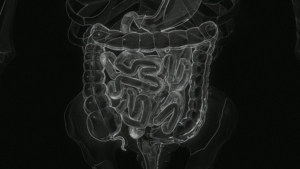
Automate your DNA variant library synthesis and reduce turnaround time from weeks and months to days and hours
The BioXp system is the world's only automated platform for on-demand DNA assembly and amplification.
It allows scientists to automate the synthesis of gene fragments, cloned constructs, and even synthetic genomes, reducing turnaround time from weeks and months to days and hours. Users can push a button to automatically assemble DNA clones, libraries, and gene fragments of up to 7,000 base pairs in a single overnight run. A unique two-step error-correction technology integrated into the BioXp system workflow ensures that the error rate of assembled products is much lower than using PCR amplification-based methods, therefore allowing for a reduction in the number of clones requiring sequencing. Workflows for enzyme engineering, antibody drug discovery, and vaccine development that require iterative design-build-test cycles greatly benefit from this platform.
This automated DNA synthesis approach is highly effective for creating DNA variant libraries, which serve as a powerful tool for manipulating protein structure for optimization studies. Codex DNA offers a broad menu of DNA variant library types that can be produced by customers with the BioXp system or as a service. All libraries are delivered as linear, double-stranded DNA in as little as five days.
Scanning libraries
Scanning libraries allow users to systematically query a target sequence by mutating adjacent codons one at a time. Codons can either be mutated to alanine in alanine scanning libraries or substituted with all possible amino acids at each desired position in site saturation libraries.
Combinatorial libraries
Combinatorial libraries enable users to evaluate the combined effect of two or more simultaneous amino acid substitutions.
Targeted libraries
Targeted libraries feature specific mutations distributed over the sequence space to achieve the desired diversity. Because synthesis uses Codex DNA error-correction technology, these libraries have the lowest error rate in the industry, at less than 1:10,000 bp. Target mutations can be queried singly or in parallel, with no restrictions on the positioning.
To learn more, visit codexdna.com.



 Unsplash+
Unsplash+